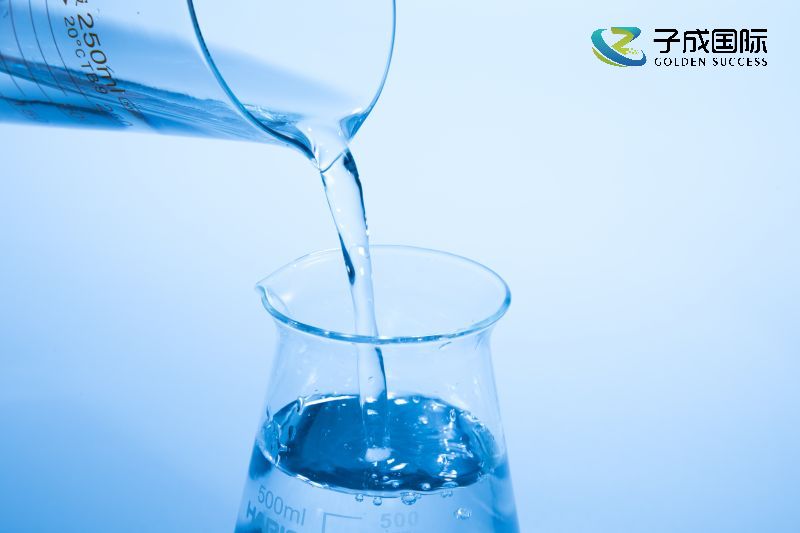Wetting agent is a substance that can make solid materials more easily wetted by water. From a chemical perspective, wetting agents belong to surfactants and are typically composed of two functional groups: hydrophilic and oleophilic. When the wetting agent comes into contact with the solid surface, the lipophilic group adheres to the solid surface, while the hydrophilic group extends outward into the liquid, reducing the solid-liquid interfacial tension and allowing the liquid to spread or infiltrate on the solid surface, thereby achieving the wetting effect.

The wetting principle of wetting agents is mainly based on the reduction of surface tension and interfacial tension. In the absence of wetting agents, the surface tension between liquids and solids is often high, making it difficult for liquids to spread on the surface of solids. The addition of wetting agents can effectively reduce this tension, making it easier for the liquid to cover the solid surface and form a uniform thin film. In addition, wetting agents can form strong interactions with solid surfaces and liquids through their hydrophilic and oleophilic groups in their molecular structure, further enhancing the wetting effect.
Wetting agents are widely used in various fields, mainly including the following aspects: in the field of coating industry, adding wetting agents to coatings can improve their wetting performance and flowability, enabling coatings to spread more quickly on the surface of substrates and reducing construction time. At the same time, wetting agents can improve the adhesion, compactness, and waterproof performance of coatings, thereby enhancing the quality of coatings. In the field of agriculture, adding wetting agents to pesticides can make it easier for pesticides to adhere to plant leaves and insect surfaces, improving the utilization rate and insecticidal effect of pesticides. In addition, wetting agents can reduce the loss and waste of pesticides, and lower environmental pollution. Textile industry: The use of wetting agents in the textile printing and dyeing process can improve the wetting and permeability of dyes, enabling them to penetrate more evenly into the fibers and enhance the dyeing effect. Meanwhile, wetting agents can also reduce energy consumption and wastewater discharge during the dyeing process.
In daily life, wetting agents are also widely used, such as in detergents, shampoos, and other products that contain wetting agents. These wetting agents can reduce the surface tension of water, making it easier for water to penetrate into stains and dirt, thereby achieving a cleaning effect.
With the increasing awareness of environmental protection and stricter regulations, environmentally friendly wetting agents will become the future development direction. These wetting agents have the characteristics of low toxicity and easy degradation, which can reduce pollution and damage to the environment. Efficiency is another important direction for the development of wetting agents. By optimizing the molecular structure and formulation design of wetting agents, their wetting performance and stability can be improved, thereby meeting higher requirements for application scenarios. In the future, wetting agents will develop towards multifunctionality. In addition to its basic wetting function, wetting agents will also have various functions such as anti fouling, antibacterial, anti-static, etc. to meet the needs of different fields. With the development of intelligent manufacturing and IoT technology, the intelligent application of wetting agents will also become possible. Real time monitoring of the use of wetting agents through intelligent sensors and control systems can achieve precise dosing and efficient utilization.
In summary, wetting agents, as an important component of surface science, play a significant role in multiple fields. With the continuous progress of science and technology and the rapid development of industry, the application prospects of wetting agents will be even broader and better.

 English
English
 Chinese
Chinese Vietnamese
Vietnamese
 HOME
HOME
 PRODUCT
PRODUCT
 NEWS
NEWS
 CONTACT
CONTACT


